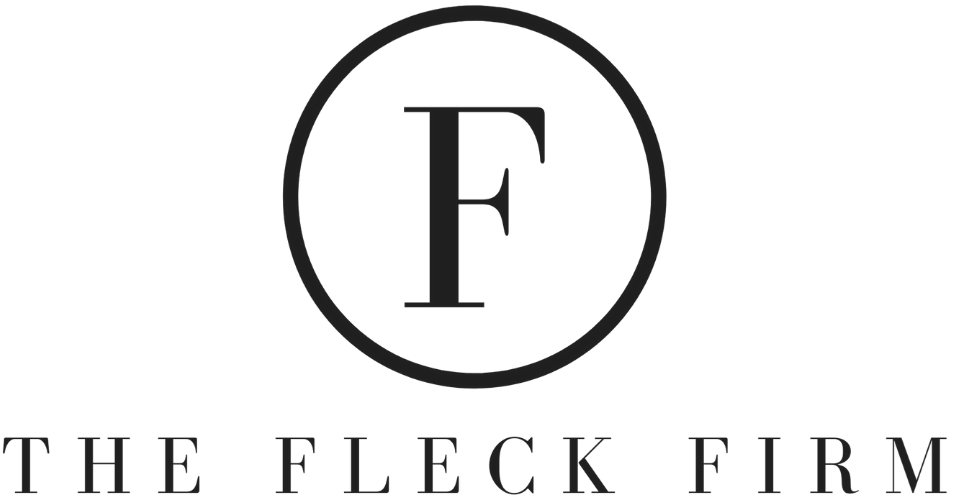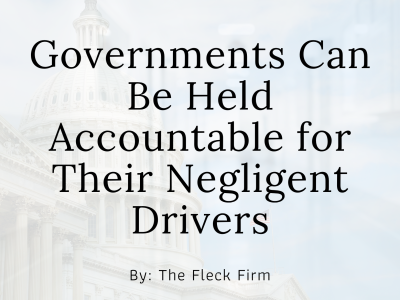A horse can be a pricey purchase — and it’s even more expensive if you buy a horse with unexpected problems. There are a few things you can do to ensure you receive the horse you’ve paid for.
1. Never Buy a Horse Unseen
It is very important to never buy a horse without seeing it. In this day and age, it is common for buyers to see videos, pictures, and even live streams of the horse. But, it is too easy to hide problems with horses via images and videos.
[callout bg=”067ccc”]
Pictures, and even videos, can only tell you so much about a horse. There’s no way of knowing that the description is accurate, that the horse has no physical ailments, or even that the horse you will receive is the same one as in the advertisement.
[/callout]
Plus, if you only see a video of someone you’ve never met riding the horse, it’s impossible to know if the horse will react the same with another rider. Such a video also tells you nothing about how the horse will behave in other situations, such as around other horses, loading into a trailer, or while being handled.
If there’s no way for you to visit yourself, hire someone to check the horse for you. Reach out to a local trainer or another professional who has no connection to the seller. Many offer this service for a small fee.
Other attorneys take contingent fees of 33% to 50% of your settlement.
We want you to keep more of your money.
Our contingent fee is only 30% on cases settled prior to filing suit.
2. Receive a Pre-Purchase Examination
As well as checking the horse from the point of view of a rider or handler, it is necessary to receive a pre-purchase examination from an equine veterinarian. These exams evaluate the overall health and condition of the horse, which is particularly important for older horses and competition horses. It’s up to you if you want to receive just basic tests or also X-rays and a drug screening.
3. Ask for a Written Contract
It’s important you receive everything in a written contract that both you and the seller sign. The contract should:
- Describe the horse. This could include the horse’s name, age, registration numbers, breed, color, distinctive markings, brands, and height.
- State whether the horse has registration papers and when the seller will transfer them. The seller can also include a copy of these papers.
- Confirm that the seller has the legal right to sell you the horse.
- Specify the amount and date of payment as well as any remaining payment you owe to the seller.
- State the timeframe you have to conduct a pre-purchase examination before the sale will be finalized.
4. Ask for the Horse’s Veterinary History
If the seller says that the horse has never suffered from health issues and has always been sound, request evidence. Ask for the name of the horse’s veterinarian or for the veterinary records. You can also request to include this claim of good health in the contract.
Even taking all the necessary precautions is never enough to protect yourself from disputes entirely. In the case you do find yourself in a dispute, it’s important to hire an attorney who specializes in the intricacies of equine law. If you’re still at the decision stage of your purchase, use an equine law attorney to write up a contract that will protect you in the case of future disputes.








